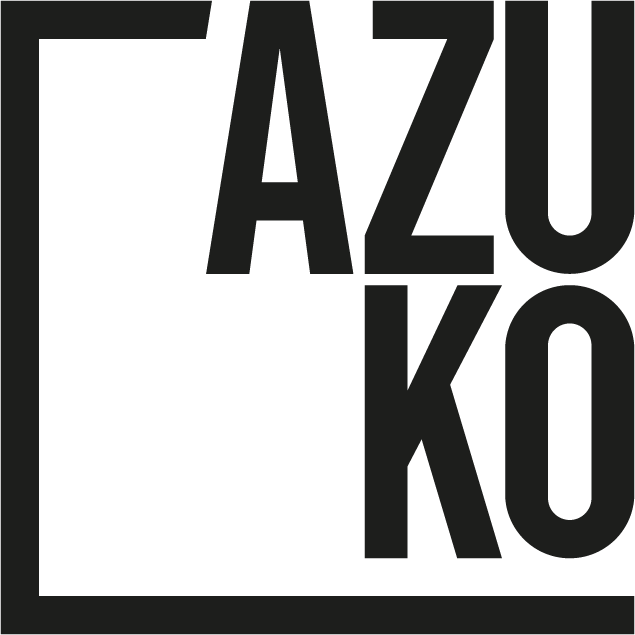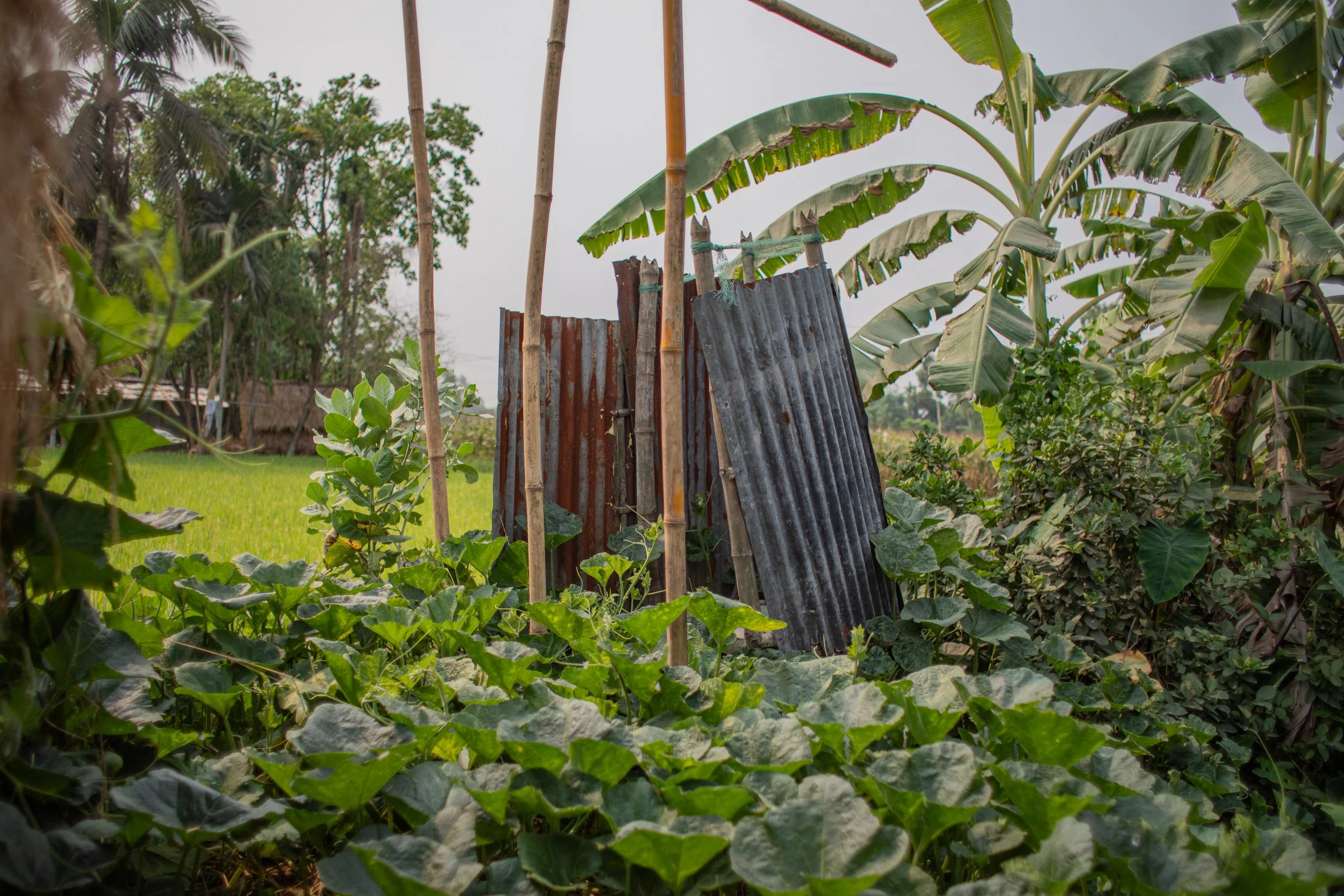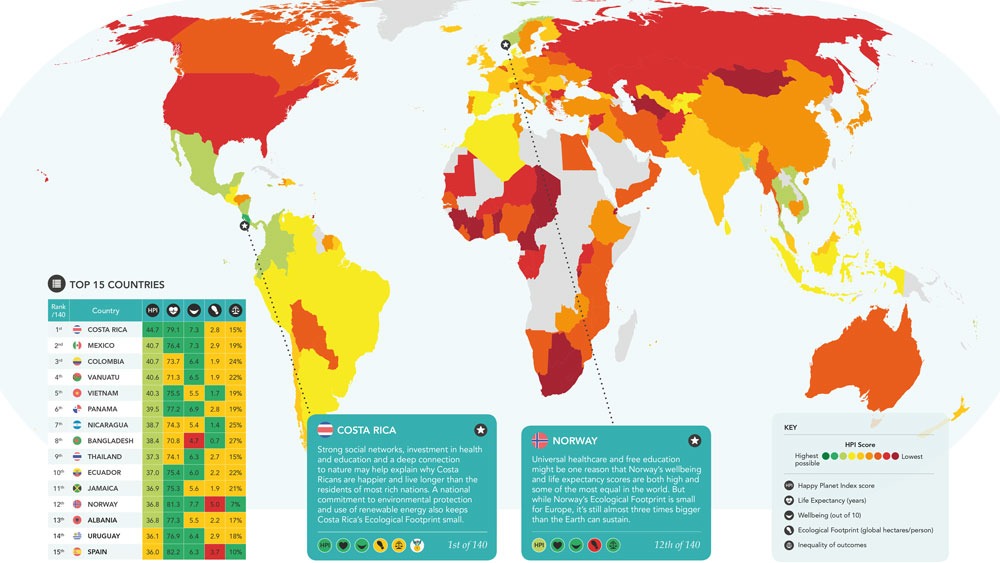I believe in listening - to understand, to acknowledge and to empower.
Diversity, non-linearities and the principles of nature are certainly inspirations as well. A tree has taught me more about the conditions necessary for thriving than most classes I've taken.
I believe in a balanced mix of negation (Nassim Nicholas Taleb describes this concept as Via Negativa), versus a dependence on prescription.
I believe in ambiguity (as described by Ben Hamilton-Baille) - that uncertainty is not actually risky. In fact, uncertainty is often more efficient and effective.
I believe in local and small for a book's worth of reasons.
And I believe in second hand wherever possible (and all other principles that are pro-environment, including bikes and vegetarianism).
Describe the key milestone in your career so far.
The concept of a career, I feel, is so intimately connected with our personal journey, so my greatest milestone is probably something that reflects my personal development more than anything. It's probably when I turned down a promotion while working at a business school when I was writing my Master's thesis. That was when I decided that I wouldn't work purely for comfort and money and that I would challenge myself to spend this short life working on things that I felt didn't just serve me.
What does public interest design mean to you?
With PID there is no clear distinction between the individual and the collective - the collective being comprised of the physical environment and all those in it. It considers the social and cultural experience of those it is intended for and is aware that those who live that experience are perhaps suited to problem solve for that experience.











